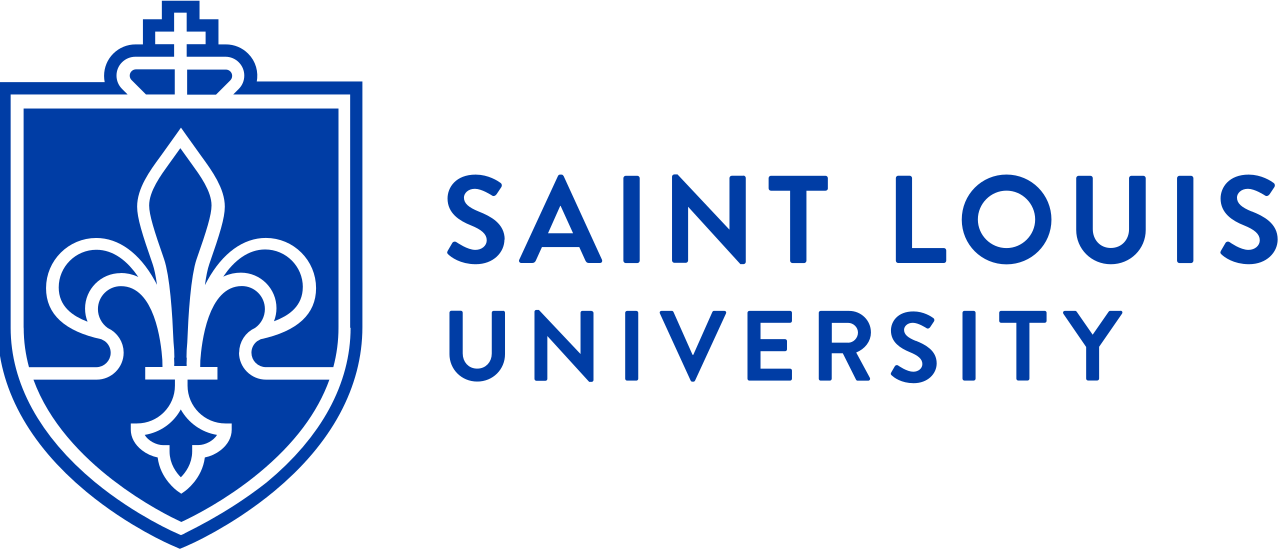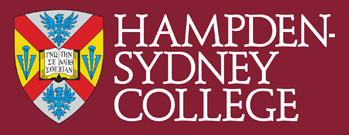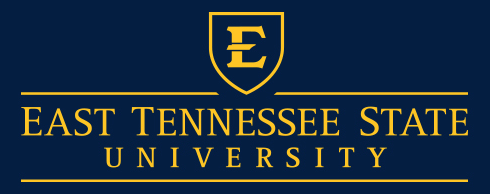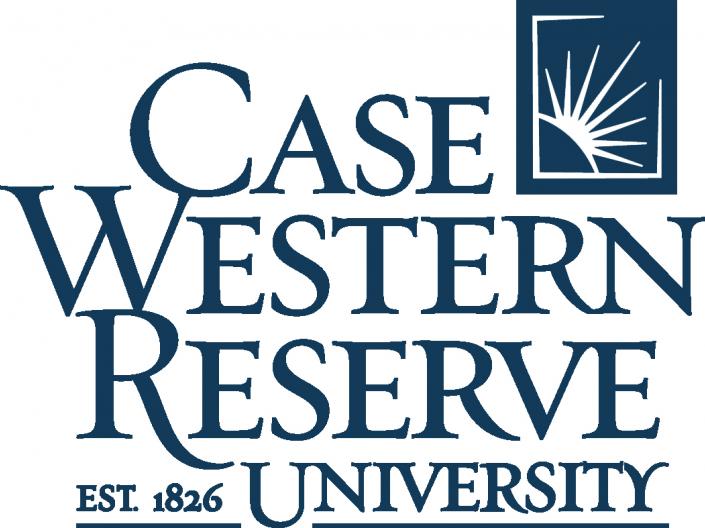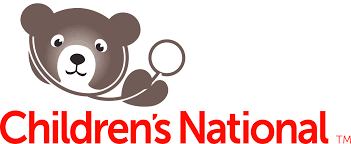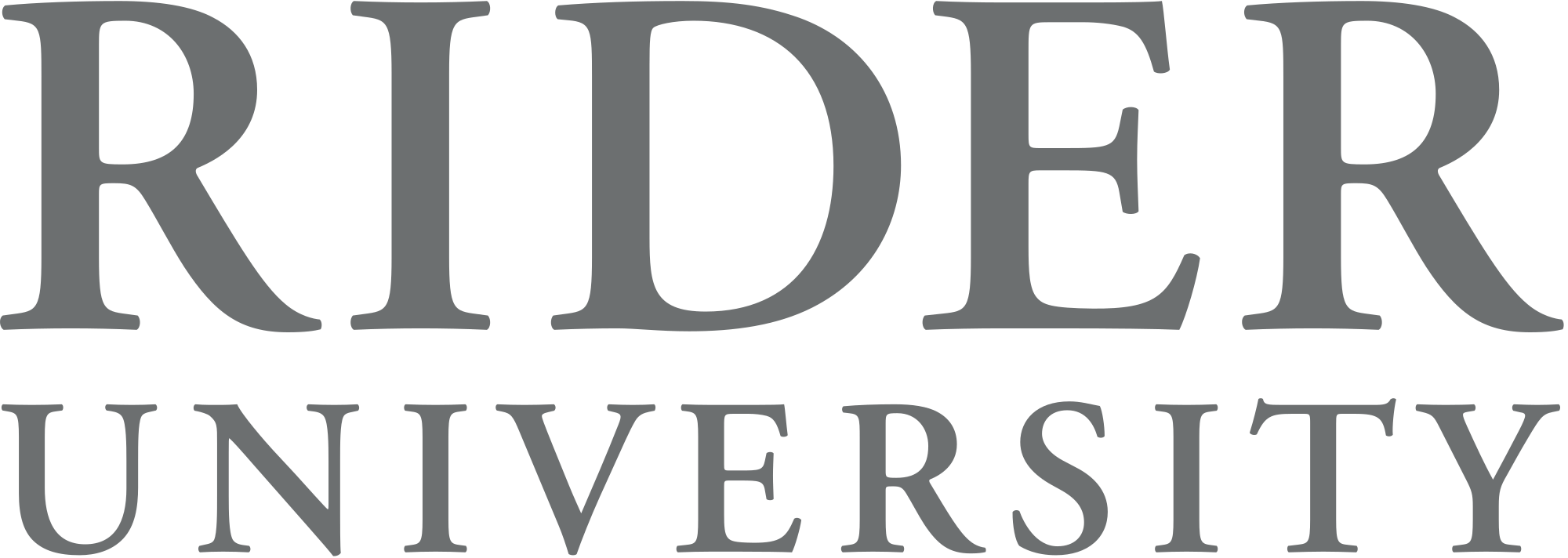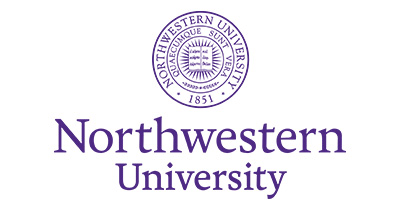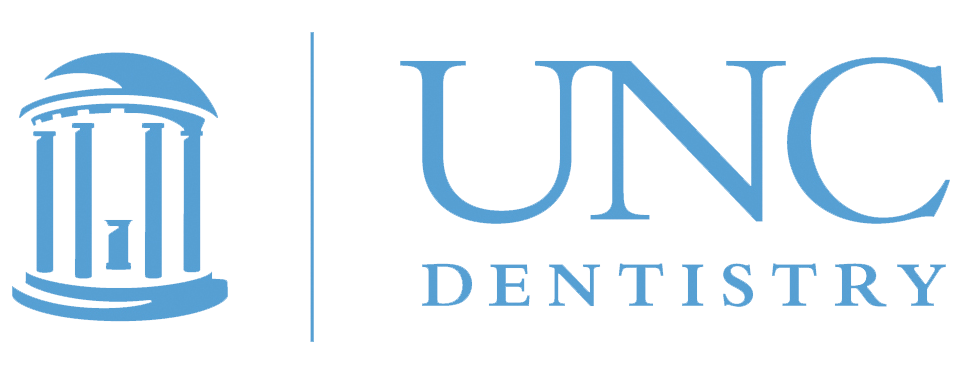Here at Theater Delta, we find every excuse we can to showcase our people. It’s been a while, for our attention’s been diverted with lots of new projects (yay!) but, we are ready to share some more stories!
Our series, Better Together, is a multi-faceted sharing of stories of some of the people that make Theater Delta a beautiful and diverse organization. We decided to kick off this series during Pride month by interviewing a few of our LGBTQIA folks.
Our first conversation was with Veronica Dress, a lovely, passionate individual who shared her insight on facilitating safe conversations, protecting trans youth and liberation through dance. Thank you, Veronica, for spending your time with me and sharing the following words so authentically!
Alright, let’s get started with a little about you, what are your [preferred] pronouns?
she/her
And which sexual orientation/gender identity do you best identify with?
Queer cisgender person.
The language is changing so fast. Finally people feel safe enough to say, “That word felt good.” Or, “This word feels more like me, etc. etc.” We’re starting to have more language that matches the expansiveness of being a human. Like, for instance, earlier you asked about my preferred pronouns, but taking the “preferred” out of asking for pronouns changes the meaning of it sounding like a flippant choice to a true identity.
I had not even thought about that. Man – thank you for sharing that with me.
Absolutely – we care for each other and want to get it right. We’re all continually learning.
Totally. So, has your identity informed your work?
With something as integral as who you are its hard to imagine it not informing your work.
I’ll speak to the queer piece of my identity – there were very few openly queer people on my campus when I was in college. It’s really cool for me to be on college campuses and see so many openly queer people – folks of so many different racial, religious and cultural identities. Seeing people feel confident in themselves is inspiring – I didn’t get that. To openly talk about sexuality and gender in such large spaces in the way that I am for others – for me, that is pretty powerful.
Can you share a bit about what you do for Theater Delta?
I help facilitate conversations with the audience during our performances. Here’s what it looks like: After our actors do their thing, I hop onstage and hold space for conversation between the audience members and actors. A space where we all feel safe and brave enough to talk about things our society says are off limits/taboo. Having these conversations in a safe, facilitated environment equips us to all show up for each other better out in the “wild”.
How has your time with Theater Delta affected your identity?
I think that being tasked with the privilege of holding space for people as they explore topics of identity and other social justice topics has charged me to look inward at who I am, what my values are and where I can show up with my identities.
It’s been a formative and transformative experience.
When facilitators have an open energy, the audience will exhale and tell you things. We as humans are so often wandering around the world holding ourselves so close to ourselves – what a gift to admit: “I wish I knew more about something.” It’s incredible see young people feeling brave enough to take the mic and disclose personal experiences in the hope of saying to my community – this happened to me. It’s life changing stuff.
What do you spend time doing when you are not working on a TD project?
I am a positive youth development professional – I facilitate educational sessions with high school students on social justice issues and sex education – I’m a secret theater teacher at heart. Right now I’m working towards several different certifications and continuing education programs. The Sexual Health Certificate Program at University of Michigan, IDC Intimacy Choreography and Coordinating, and, this sounds strange, but actually getting my Life Coach certification. Each of these is a step toward integrating intimacy/consent education, with theater and coaching. It’s a lot but all really good things, it feels good to sense movement in our lives.
As far as hobbies go, I like to be in nature, I’m a burlesque dancer on the side – any chance to be sparkly and be embodied – I love a dance class and building community in that way.
YASSS – that’s amazing. How do you celebrate Pride and what does it mean to you?
Pride in Nashville (where I lived before) was always really corporate and really sweaty. Don’t get me wrong, I love going to a good dance party with other queer people, but also during the month of June and always, I like to think of ways that I, as a queer person, can show up to people that are experiencing marginalization. I’m always reflecting – I mean, Stonewall was led by trans women of color – how do I leverage my privilege in our community. And dancing should ALWAYS be involved in liberation.
Always. What is an LGBTQ+ community misconception that you’d like to educate others on?
There isn’t a “right way” to be queer. There are a lot of folks I know that when they come out (a complicated and personal journey for most people) – there is a feeling that they aren’t “doing enough” or “looking queer enough” or presenting it or doing it “right.” This is a misconception that applies especially when people realize their identity later in life.
There are a thousand ways to be LGBTQ – become yourself rather than look a certain way, a box we often accidentally put ourselves into. You’re queer enough just the way you are. We are all craving community, and who you are is exactly right – you don’t have to prove to be queer enough. There are a thousand ways to be queer.
What do you think people can do to raise awareness about important issues that impact the global LGBTQ+ community?
Educate yourself – not expecting queer people to do that emotional labor. It is brace and hard work to lean in and move from the role of ally to accomplice in the work. I don’t minimize the bravery of learning, but having folks get in and engage on uncomfortable conversation and action is pretty impactful.
As an educator of youth and children, what is your biggest concern when it comes to the school climate now for LGBTQ children?
I’m usually not a stat person, but I’ve learned a lot from The Trevor Project. 45% of LGBTQ+ youth have contemplated suicide in the past year – and a lot of this is a product of adults striking fear into the culture of a classroom.
Classrooms have the potential to be a really sacred space to build community and culture. There’s something about the microcosm of a school classroom, that teachers have the ability to show a young person who they are authentically is okay – no matter what they go home to, what their church might say. To strike fear into the hearts of those professionals can lead to loss of life of queer and trans young people. So often I have heard, “If it wasn’t for this teacher or this class, I wouldn’t be here.”
There are a lot of teachers in communities that have a hostile environment that have to be really creative. Come hell or high water, these teachers are going to teach their students that they are worthy of respect and dignity just as they are. My fear is what happens while people are figuring out how to do that.
Generally speaking, what lessons have you learned about how to empower youth who may feel marginalized or powerless?
As an educator of young people, my approach is to create the dedicated space to be their fullest selves and then get out of the way – adults really like to take center stage and talk AT young people – give them a chance to talk TO each other – it’s very empowering.
So many movements have been started by young folks – they see what the future can be and do the damn thing! As adults, let’s use our resources and hang back. I believe in the act of helping young people uncover the power that’s already there: create the space, hang in the wings, and see what happens.
As a theater teacher, I definitely needed to hear that. It’s so often we think we have to micromanage creativity – but it really just stifles it. How do think adults can better listen to the voices of queer/trans children being bullied?
Learning to trust young people. The cultural of adultism is toxic – those who don’t believe children can be experts of their truth. Believe young people!
There is also so much continuing education out there – in addition to The Trevor Project, PFLAG and Glisten are two organizations that work with communities on the tools to be better accomplices to queer folks. People get stage fright because they don’t know the “right” thing to say – it’s better to say it a little bit wonky with an open heart than say nothing at all. I encourage adults to have the learner’s mind and trust of young folks.
